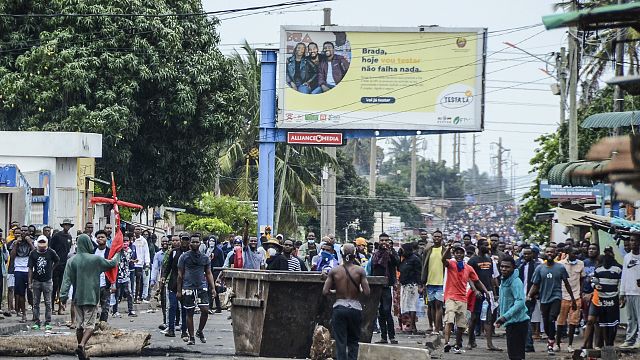By Prince Ahenkorah
The fight against illegal mining, has taken center stage in public discourse across Ghana.
This issue has raised considerable concern regarding its implications on the environment, particularly in relation to land degradation, contamination of water bodies, destruction of forest reserves, and adverse effects on public health.
Various groups, including coalitions against galamsey, organized labour, and civil society organizations (CSOs), have vocally expressed their displeasure regarding these illegal mining activities that persist throughout the country.
The mounting pressure on the government has manifested through a variety of actions, including demonstrations, strikes, and public advocacy campaigns aimed at compelling the government to take decisive action against galamsey.
In response, the government acknowledged the seriousness of the issue and issued a series of directives aimed at curbing illegal mining.
These directives include deploying security personnel to galamsey sites, and a critical measure proposed is the revocation of the Legislative Instrument (L.I.) that permits mining activities within forest reserves.
The government recently presented a Legislative Instrument, specifically the Environmental Protection (Mining in Forest Reserves) (Revocation) Instrument, L.I. 2462, to Parliament.
This proposed revocation aims to eliminate the legal framework that allows for mining in forest reserves. The revocation of L.I. 2462 would consequently lead to a total ban on any mining activities within the forest reserves.
According to Article 11(7) of the 1992 Constitution of Ghana, the proposed Instrument must be laid before Parliament and will come into effect after 21 sitting days unless it is annulled by a two-thirds majority vote of Members of Parliament (MPs).
In a communication dated October 10, 2024, the Attorney-General and Minister for Justice, GodfredYeboah Dame, formally notified the Clerk of Parliament about the new L.I. and urged that it be laid before the legislative body.
Since the revocation must be debated and approved within a specified timeframe, the adjournment effectively halts the legislative process.
The proposed revocation remains in limbo until Parliament reconvenes, which could be subject to uncertain timelines.
Also, until the L.I. is officially revoked, the existing legal framework under L.I. 2462 will continue to operate.
This allows for the possibility of mining licenses being issued in forest reserves, thereby perpetuating the environmental degradation and social challenges associated with galamsey.
The ongoing public outcry against illegal mining in Ghana, is likely to intensify in light of the recent indefinite adjournment of Parliament.
This adjournment raises significant concerns among various stakeholders, including civil society organizations, the University Teachers Association of Ghana (UTAG), and other advocacy groups.
These organizations may escalate their campaigns through strikes or demonstrations aimed at pressuring the government to take more decisive action against illegal mining activities.
The indefinite adjournment of Parliament brings into question the future of the proposed revocation of Legislative Instrument (L.I.) 2462, which is a critical piece of legislation in the fight against galamsey.
The potential revocation of this L.I. is seen as a vital step in addressing the rampant illegal mining that has had devastating effects on the environment, local communities, and the economy.
However, with Parliament not in session, the timeline for this revocation remains uncertain, leading to increased frustration among advocacy groups.
UTAG’s potential strike activity could further complicate matters. The association has been vocal in its efforts to compel the government to take stronger measures against illegal mining.
Their posture suggests a commitment to seeing tangible government action that not only addresses the activities of galamsey operators but also focuses on reclaiming degraded lands and restoring polluted water bodies.
Although the government’s move to revoke L.I. 2462 is a step in the right direction, many believe it is insufficient to completely eradicate the galamsey menace.
The complexity of illegal mining operations and their entrenched nature in various communities means that more comprehensive strategies would be required to address the issue effectively.
Nevertheless, the proposed revocation is seen as an important symbolic gesture, indicating a governmental willingness to tackle the problem.
The indefinite adjournment raises critical questions about UTAG’s next steps. Will the association choose to initiate strike actions to maintain pressure on the government until Parliament reconvenes and revokes the legislative instrument?
The uncertainty surrounding the adjournment may lead to a rallying of support among UTAG members and their allies, as they seek to ensure that the fight against galamsey remains a priority on the national agenda.
The indefinite adjournment of Parliament willcreate a precarious situation, where UTAG can decide to wait for a substantial move by the government to combat illegal mining, as the strike would continue.
The post Parliament adjourns indefinitely; what happens to revocation of L.I on mining in forest reserves? appeared first on The Herald ghana.



